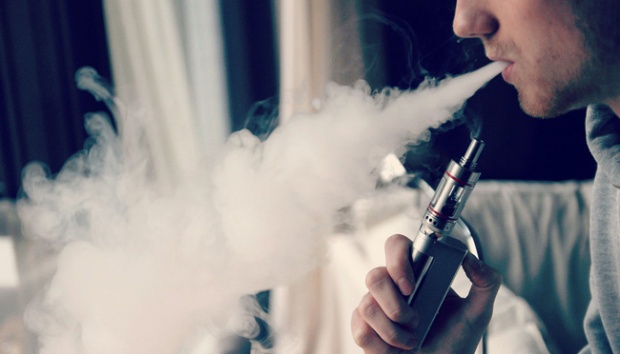
The draft legislation on tobacco has been placed on this year's list of priority national legislation at the House of Representatives (DPR). The Alliance of Tobacco Communities (AMTI) is one of the institutions which submitted the draft. The DPR rejected it in 2010, but today the draft has been placed on the fast track, thanks to the efforts of a number of legislators.
At the December 2012 plenary session, it was revealed that the draft bill had been pushed by the cigarette industry. The resurgence of the draft law may indicate a resumption of the 'tobacco war' which broke out after the mysterious 'disappearance' of the article on cigarettes in 2009. Three weeks ago, Tempo interviewed AMTI official Muhaimin Moeftie, accompanied by Deradjat Kusumanegara, stakeholder relations of HM Sampoerna Company and the AMTI secretary-general. Excerpts:
Your organization has been active in lobbying for the enactment of the Tobacco Law.
We submitted the draft in 2010, complete with supporting academic papers by Gadjah Mada University. It was titled the Draft Legislation on the Control of Tobacco Impact. After that it was on and off, and finally dropped. We were surprised to find it is now on the priority list. We had met with the DPR Legislating Body a number of times, once at the Millenium Hotel in 2011, during which we invited the chairman Ignatius Mulyono and DPR Speaker Marzuki Alie to discuss it. There was also a hearing about it at the DPR last February.
At the plenary session, Ignatius Mulyono said the draft was a request of Sampoerna.
Well, Sampoerna is a member of AMTI which was set up in 2010. The membership consists of eight elements: white cigarette organizations, labor unions and farmers. If Sampoerna is seen to be the biggest contributor in this organization, that's understandable.
Does AMTI then represent white cigarette producers?
Some clove (clove) cigarette producers are also members. Sampoerna, Bentoel are the biggest clove cigarette producers. Philip Morris only represents 7 percent of white cigarettes, the rest are cloves.
Clove cigarette supporters claim regulation benefits white cigarettes and hits them.
Philip Morris also produces clove since they bought Sampoerna. How can they say that it wants to hit clove cigarettes?
Perhaps because there is standardization of tar and tobacco which is difficult to be obtained by clove producers.
Tar is measured by smoke, not tobacco. Furthermore, the tar and nicotine limitation has been regulated since 2003, so why make a big deal now? And every factory has its own standards for clove and tobacco. Sampoerna uses Madura tobacco because that's our level. Other factories may use Temanggung tobacco, so tobacco is already naturally determined. Whether clove, white cigarettes, they are all the same: there is a risk to health.
If the Tobacco Law is passed, will Regulation No. 109 automatically be null and void?
We still don't know what has been approved in the draft law. But clearly, we are not happy with Regulation No. 109 because it requires producers to package cigarettes bearing pictures of the ill-effects of smoking. Yet we accept this regulation, because it has considered our viewpoints.
The complete interview is available in this week's edition of Tempo English. (*)























